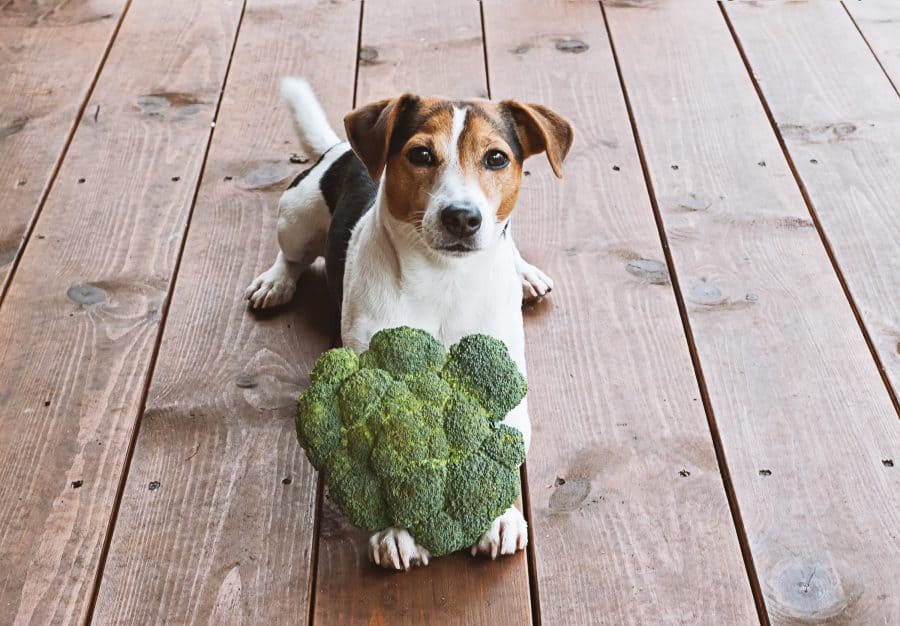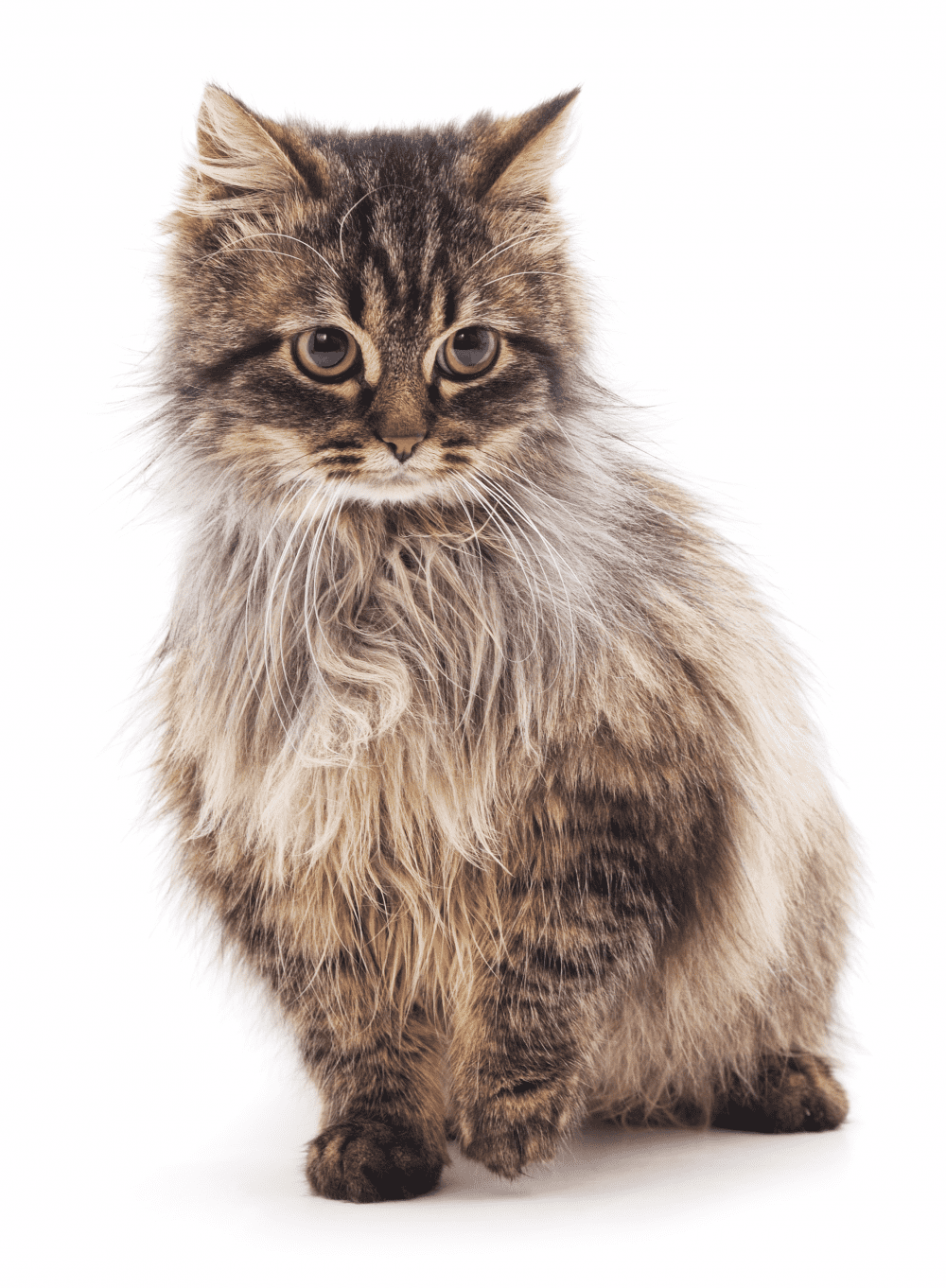Nutrients such as protein, fat, vitamins, and minerals play important roles in the skin and coat health of dogs. The purpose of skin and hair is to prevent things from leaving (such as water or heat) or entering (such as viruses and bacteria) the body.
His skin is made up of flat cells tightly packed together. These cells have tough membranes made of proteins and fats. Without proper amounts of these nutrients, cell membranes weaken, allowing water to escape and bacteria and viruses to enter more easily.
Protein
Your dog’s coat is made up almost entirely of protein. If his diet doesn’t have enough protein quantity and quality, hair might fall out or become dry, weak, and brittle.
Proteins are found in both animal-based and plant-based ingredients. Animal-based proteins contain all of the essential amino acids dogs need, whereas plant-based proteins might contain only some essential amino acids. Animal-based proteins help dogs achieve optimal health.
Fatty Acids
Fats also are found in both animal- and plant-based ingredients and are incorporated into skin cells as fatty acids. There is one essential fatty acid for a dog’s skin and coat health: linoleic acid. Without enough linoleic acid, dogs might experience a dull, dry coat; hair loss; greasy skin; and increased susceptibility to skin inflammation.
This fatty acid is found in chicken fat and vegetable oils (such as corn and soybean. The fatty acids in vitamin-rich fish oils also help promote excellent skin and coat health.

Your dog needs vitamins and minerals for his healthy skin and coat. The best way to provide these nutrients is by feeding a complete and balanced diet full of essential vitamins and minerals, rather than giving him supplements.
| Vitamin or Mineral | Importance to Skin and Coat Health |
| Vitamin A | Necessary for growth and repair of skin |
| Vitamin E | Protects skin cells from oxidant damage |
| Vitamin C | Helps heal wounds |
| Biotin | Aids in the utilization of protein |
| Riboflavin (B2) | Necessary for fat and protein metabolism |
| Zinc | Necessary for fat and protein metabolism |
| Copper | Involved in tissue, pigment, and protein synthesis |
Changes in Coat Condition
Diet can be a factor when changes in skin and coat condition occur, but there are many other causes. If there has not been a recent diet change, consider other reasons. Some changes are associated with life stage. Most puppies are born with soft, fuzzy hair but as they age, a coarser coat grows. Pregnant or nursing dogs also might experience a change in coat condition or hair loss. And, as with humans, the hair on dogs might thin out and become coarser and white as dogs reach their mature years.
Seasonal changes can be seen as well. As cold weather approaches, some dogs will grow a thicker coat to help keep heat in and cold air out. As the weather begins to warm up, they shed the thick, heavy coat.
If changes in diet, life stage or season do not explain the changes in your dog’s coat, then something abnormal may be going on. Make an appointment with your veterinarian so we can help you evaluate the changes, determine possible causes, and come up with a solution.
